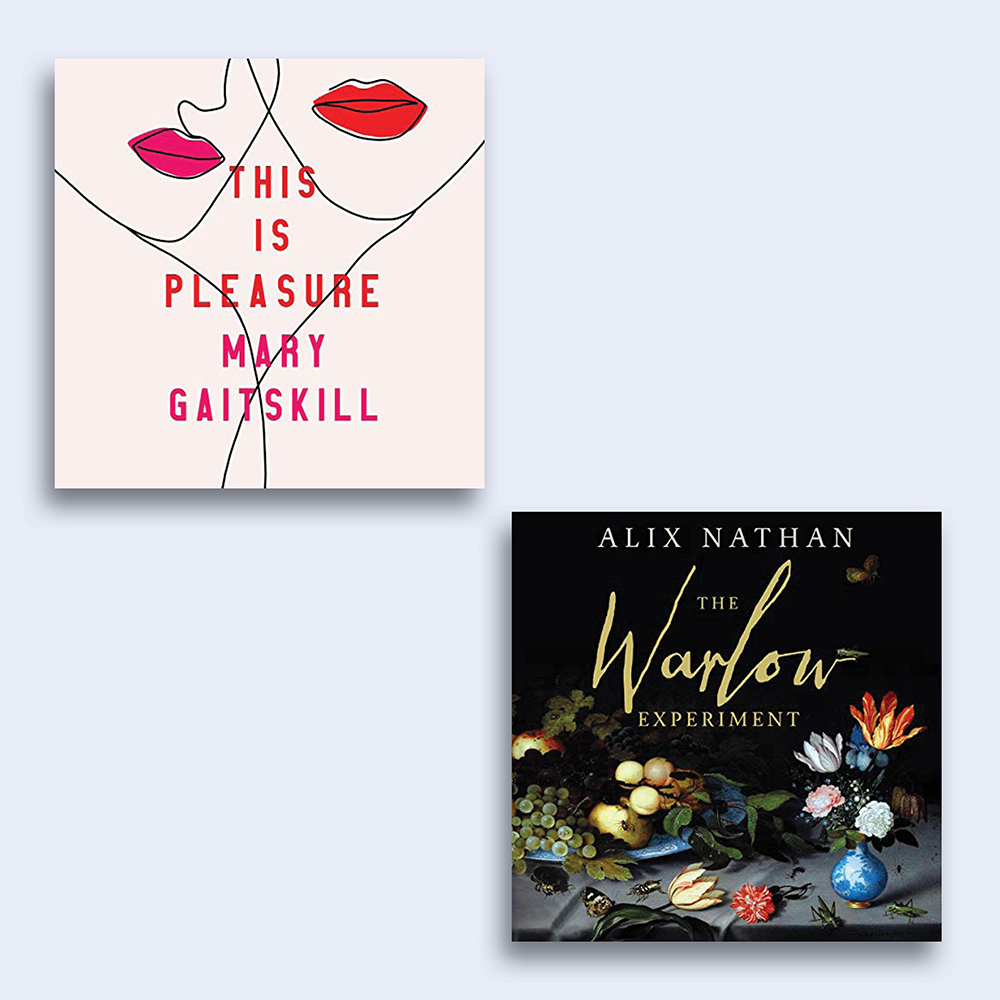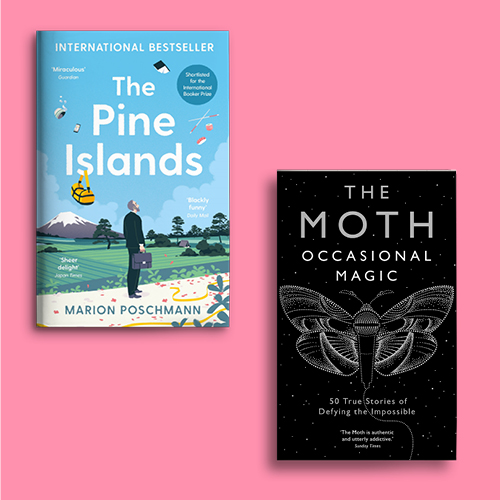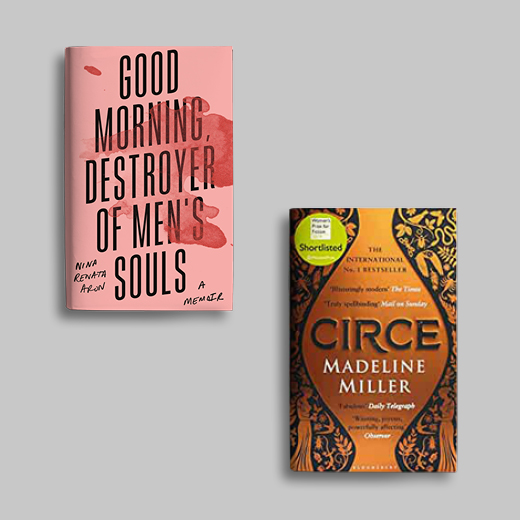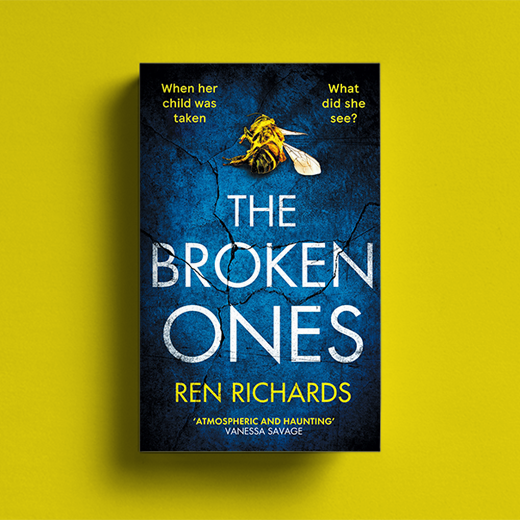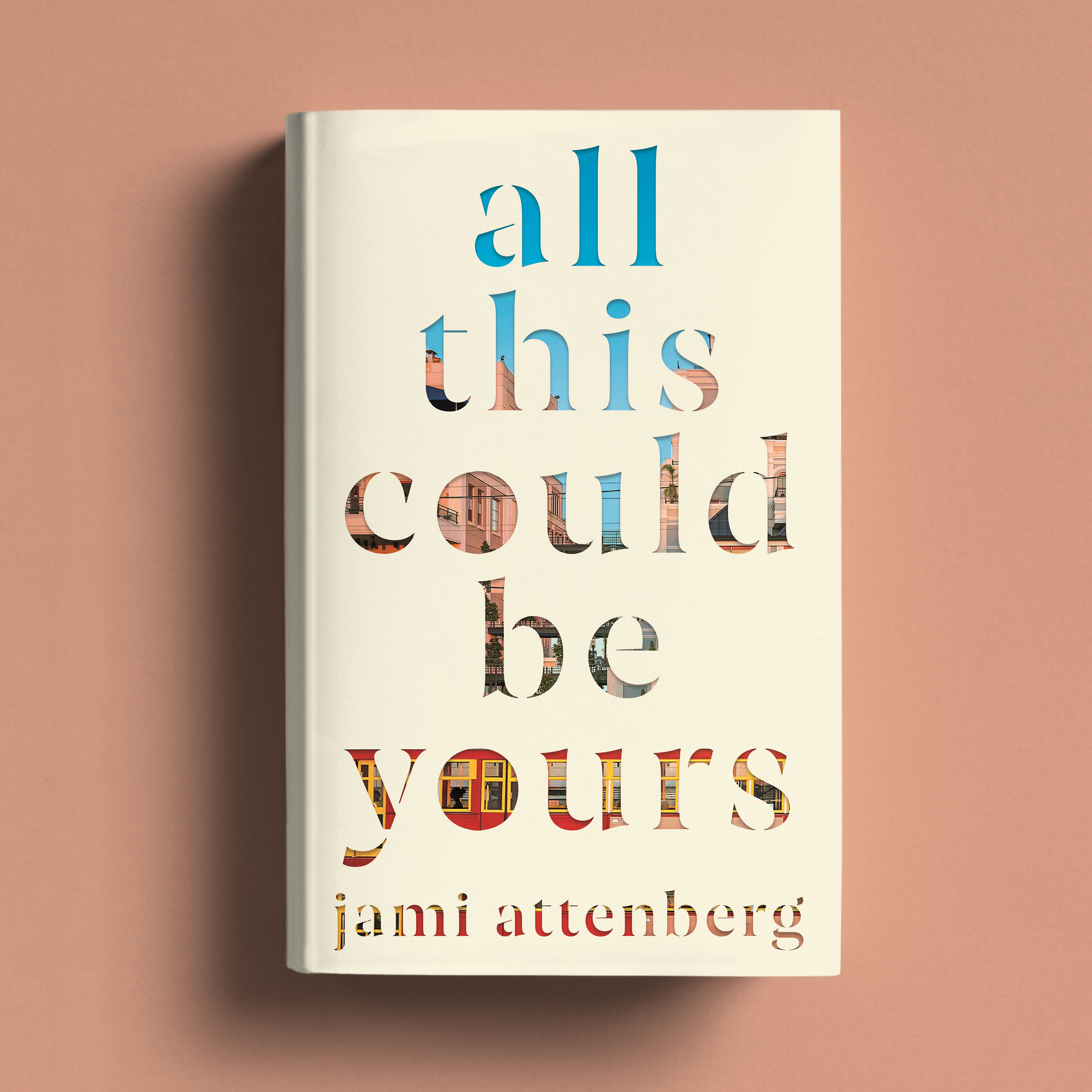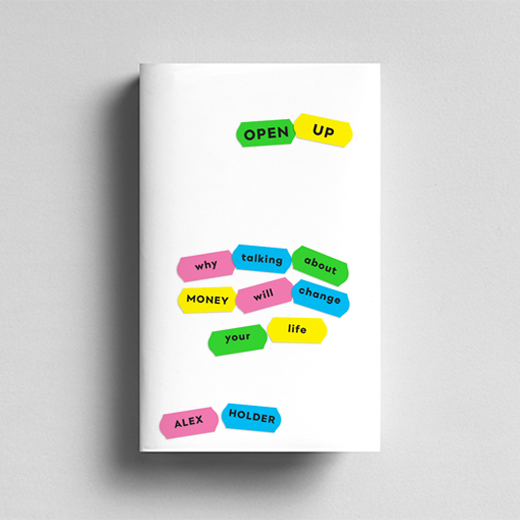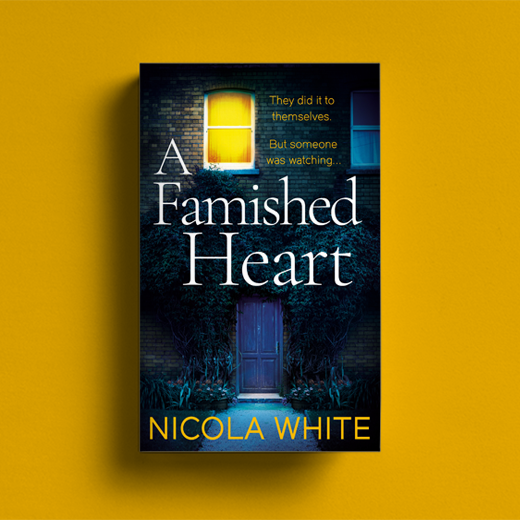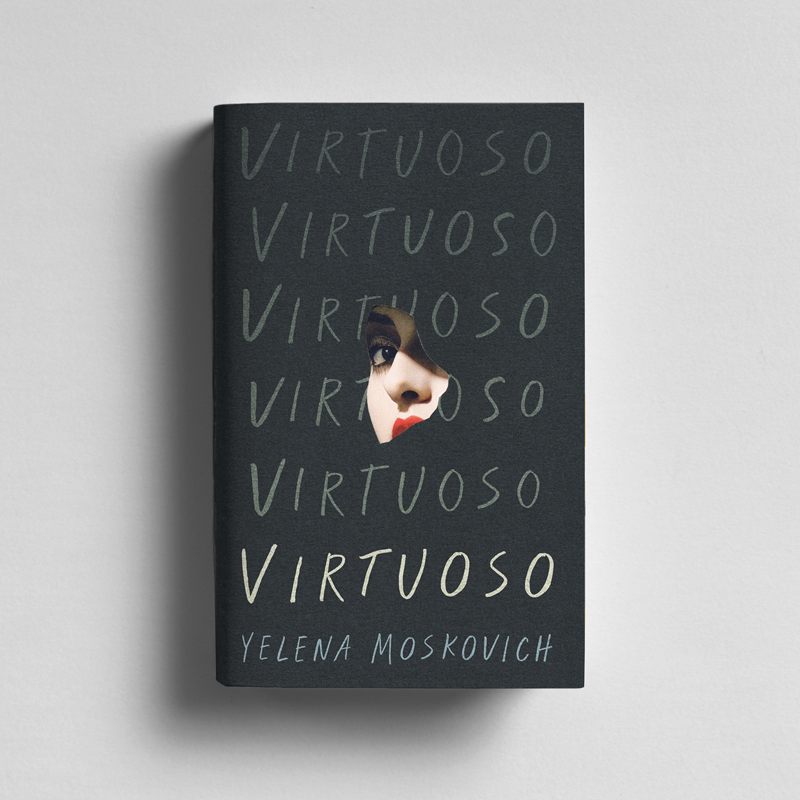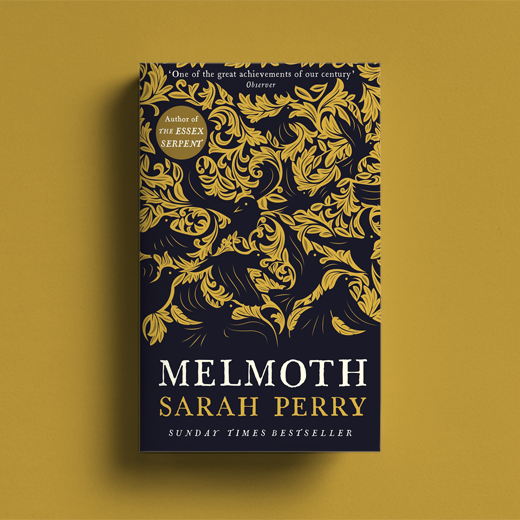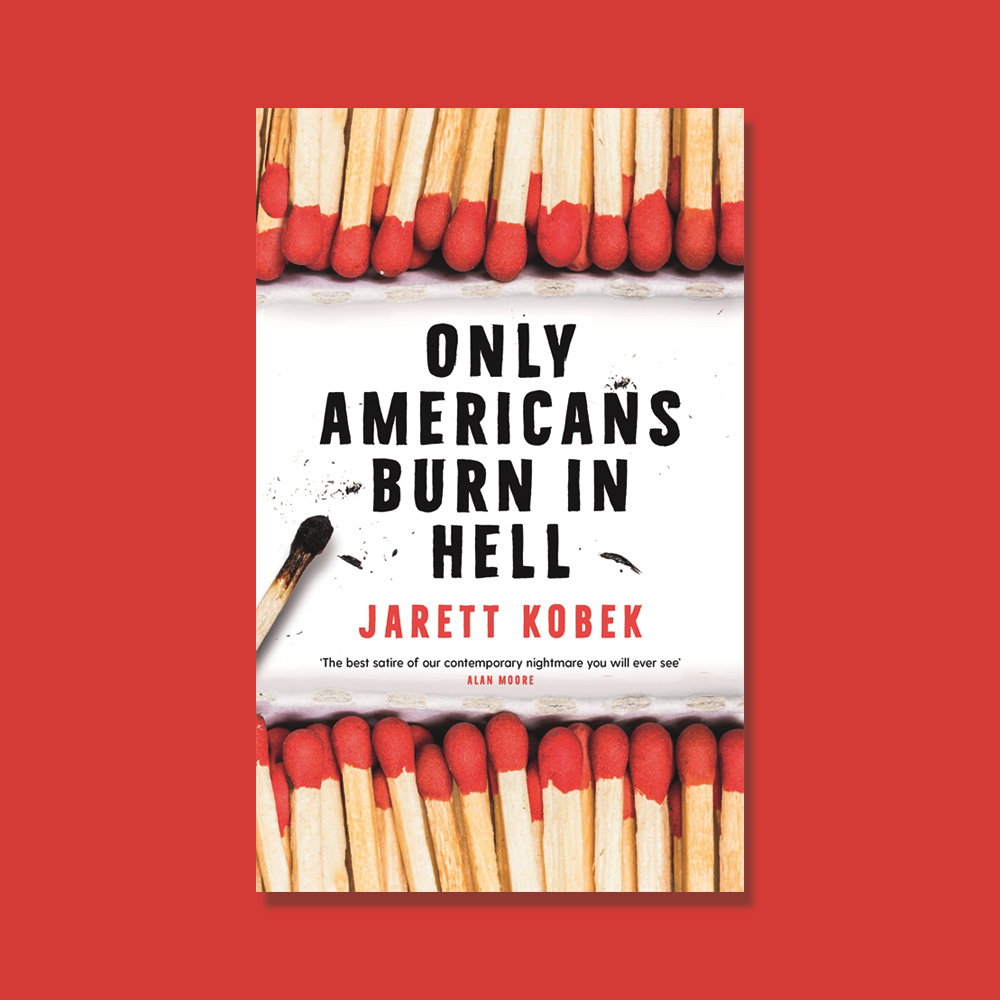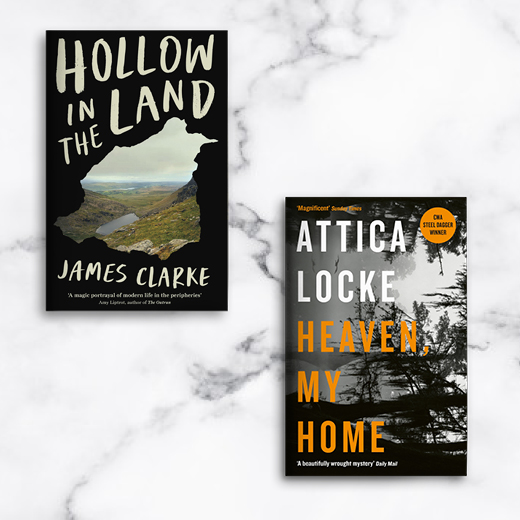
For many of us reading is an escape; a way to glance away from the outside world and leap into another one. It’s heartening to see how many people are turning to literature in these strange and scary times – none more so than our Serpent’s Tail team, whose TBRs are growing every day, but also diminishing satisfyingly at the same time.
Here’s what we’ve got planned for our isolation reading. What’s on your list? Let us know on Twitter, Instagram and Facebook.

Alia McKellar, Office Manager
Enlightenment Now: the line on the back was reason enough to read it. ‘If you think the world is coming to an end, think again.’ I needed something hopeful.
All is Fair: Emma Newman ( @EmApocalyptic) is one of my favourite authors. The Split Worlds series was my introduction to her and I can always re-read them.
The Toll: I’ve been waiting for this one all year! End of the trilogy.
Cabaret of Plants: I’m reading this one again mostly for the chapter on ferns, which I love.
I’ll Be Gone in the Dark: True crime with the safe knowledge that the golden state killer has already been caught.
The Accusation: sometimes I don’t have the mental space for a whole book. Short stories are my go to at bedtime.
Rebecca Gray, Associate Publisher
Distraction and absorption is what’s working for me just now, so
Katherine Rundell’s lovely book about why reading matters,
Mick Heron’s short, snappy thriller and Attica Locke’s latest crime novel,
Heaven, My Home which is lyrical and thoughtful as well as tightly plotted.
Follow @Rebecca_Gray_

Frances Ford, Finance Director
I have started the Mirror and the Light and it is lovely to find myself back in the mind of Thomas Cromwell again. He is so much cleverer than I am, which means of course that Hilary Mantel is so much cleverer than I am, and the pragmatic way in which he is trying to keep on top of events whilst knowing that they may well get on top of him rings very true. I am taking it in small steps because I know when the book finishes that will be the last of him. No coming back for Cromwell.
Karishma Jobanputra, intern
Now that I have a bit more time, I thought I’d finally take the plunge and crack open War and Peace. I’m only thirty pages in but it’s already brilliantly funny, immersive, and the metaphors are blowing my mind. I’m reading it as part of a virtual book club with A Public Space (which is holding me to account!) led by Yiyun Li, and could not agree with her more when she says the more uncertain life is, the more solidity and structure Tolstoy’s novels provide.
 Louisa Dunnigan, Editor
Louisa Dunnigan, Editor
It’s somehow comforting to be made furious about something other than the government’s current ineptitude –
Nathalie Olah‘s book is a searing reminder of the impact of neoliberalism and austerity on the arts, and specifically the class inequalities now indemic in the sector. I’m loving
Heather Christle‘s poetic and fascinating exploration of a good isolation activity. And I’m looking forward to finally reading
Carmen Maria Machado‘s gernre-bending memoir.
Follow @louisaclaire_d
Helen Conford, Publisher 
I’m at home with my children, aged 2 and 5. This offers a lot of opportunity for learning from children’s books themselves – full of adventures at home and often helping children to make sense of things that are strange and big and not in their control – but also to read Katherine Rundell’s “Why You Should Read Children’s Books, Even Though You Are So Old and Wise”, a short, wonderful argument for the intelligence and importance of children’s literature (and the places, particularly libraries) where we find them.
 Ed Lake, Editorial Director
Ed Lake, Editorial Director
It’s finally time to have a crack at Olivia Manning’s Balkan Trilogy, a nice fat novel sequence about a young civilian couple trying to outrun the Nazis through eastern Europe. A good book for an unsettled moment, if offers lethal character studies and a seedy, Graham Greenish atmosphere. Probably not what one is meant to take from it, but the idea of riding trains now feels oddly luxurious.
Follow @ejklake
Cecily Gayford, Editorial Director
I can’t be the only person who thought it would be a great opportunity to catch up on all those big, difficult books you just never seem to get around to – but have ended up going back to old favourites. So I’ve been bingeing on Agatha Christie, Josephine Tey and Margery Allingham, all quaint postcards from a time when the biggest of your worries was an inconvenient body on the library carpet. When I’m feeling a little bit braver I’ll work my way up to David Jackson’s terrifying The Resident (and then spend the rest of quarantine hiding under my bed).
Follow @cecilygayford

Elizabeth Hitti, Publicity & Marketing Assistant
Between making a new cushion and catching up with friends on video calls, I’ve been reading Alix Nathan’s extraordinary The Warlow Experiment. A book about solitude, humanity and resilience, it is fascinating and unsettling as it vividly transports the reader to a different London and a different form of isolation.
Follow @enhitti
Andrew Franklin, M.D.
The book I have now reread twice (it is very short – only takes an hour) that continues to haunt me is Address Unknown by Kathrine Kressman Taylor. This is the most important unknown classic of the 20th century with a universal message for our times. I have given countless copies as presents and I wish everyone would read it. It proves the adage that books change things.
The novella is the story of two great friends, both German, one Jewish, one not in the late 1930s. The non-Jew decides to return to Germany with utterly devastating consequences. I can’t commend it too highly.
 Peter Jones, Publishing Director, Profile Editions
Peter Jones, Publishing Director, Profile Editions
Just finished Adam Sisman’s The Professor and the Parson and now on to Robert Walser’s strange but fascinating Jakob von Gunten.
Also reading Giorgio Bassani’s Novel of Ferrara, which includes the wonderful Garden of the Finzi-Continis. The sense of the world closing in seems particularly relevant at the moment.
Kate McFarlan, Publishing Operations Director

Life and Fate by Vasily Grossman
(A) it’s very long (830pp)
(B) recommended by several people whose reading choice I admire and always mean to emulate
(C) 1942 in Russia and conditions in Stalingrad make Covid-19 self-isolating Britain seem like a walk in the park ( which we can for now still do)

Niamh Murray, Marketing Director
This book couldn’t be more timely if it tried: women are overwhelmingly the majority in the self-employed / part-time / zero hours contracts sectors of the economy. Women have known this forever: this book shows the data to back up the anecdata. This inequality is the result of poor childcare and maternity provision: women are also overrepresented as primary carers of children, those with additional needs and the elderly. They also tend to do the hands on work in the caring professions in higher numbers than men. And so this week I’m reading Caroline Criado Perez’s INVISIBLE WOMEN and thinking of all those women struggling at the moment, unable to work and without the safety net of a PAYE employer – protected by government compensation schemes – to fall back on, and thinking of ways to personally contribute – through donations to food banks, refugee charities, local food collections and more.
Follow @niamh_etc
MIranda Jewess, Senior Commissioning Editor, Viper Books
I’m reading How to Argue With a Racist by Adam Rutherford. Thought-provoking science, exploring racism and cultural bias through accessible genetics and evolutionary theory. Plus some brilliant debunking.
Follow @MirandaJewess
 Catherine Clohessy-McCarthy, Royalties Manager
Catherine Clohessy-McCarthy, Royalties Manager
Marilyn French’s The Women’s Room is kept in my bedside locker, and has been since bought – sad I know – but this had a profound effect on me – and when I still dip into it, is a reminder that even with all the improvements and perceived progressiveness in our society that patriarchy is the order of the day and true and absolute equality is still some way off for the majority of women.
 Flora Willis, Senior Marketing Manager
Flora Willis, Senior Marketing Manager
OK, I will admit I’ve already read this book, but since it’s out this week I want to recommend it to anyone looking for something a bit different. Hollow in the Land grabbed me from its opening line: ‘On the moor overlooking the valley was a wind farm.’ Moors, valleys, wind farms – yes, please transport me to a wild and windswept landscape, to a place that feels close and far away at the same time, to people that are at once familiar and rarely see in in fiction. In this novel, James Clarke tells the stories of a community whose home is a post-industrial Lancashire valley. Intimate and compelling, this book offers so many windows into rich, tumultuous, loud and quiet lives.
Follow @FloraWillis_ on Twitter
